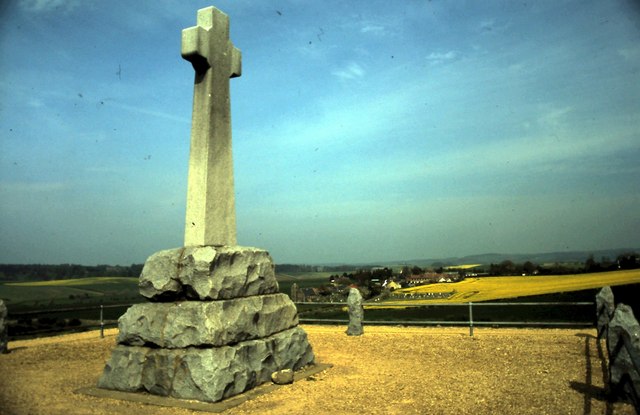James IV: Life Story
A Renaissance Prince
Chapter 13 : Road to Flodden
The Treaty of Perpetual Peace also aimed to deal with the constant low-level lawlessness of the Borders. There were supplementary treaties that dealt with the Border courts (long in place to deal with the day to day issues), and the redress that each king could expect if the behaviour of the Reivers became too outrageous.
Murders were to be dealt with by courts with juries manned from both sides. It was agreed that, provided the relevant king handed over any miscreant for proper punishment, incursion into the other realm would not be considered an act of aggression.
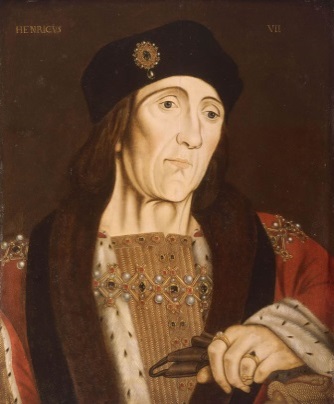
Throughout the remainder of Henry VII's reign, the terms worked reasonably well, and peace between the countries enabled even the Borders to know some level of proper government.
This changed with the accession of Queen Margaret's brother as Henry VIII. Henry VIII was a man most unlike his father – fed on tales of chivalry, he dreamed of military victory in France and English overlordship of Scotland. Although the Treaty of Perpetual Peace was renewed in 1509, it soon became evident that Henry was not interested in maintaining good relations with his sister's husband.
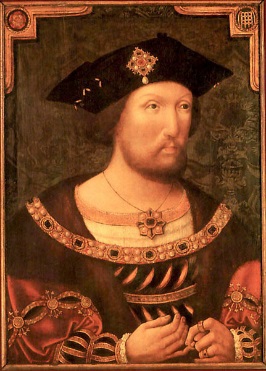
In both the Andrew Barton affair, mentioned above, and other border matters, he failed to give the redress required by the treaty. He also withheld the legacy left to Queen Margaret by either her father, or late brother, Arthur. Most worrying of all, he encouraged insulting statements in the English Parliament about James being his vassal.
In 1511 James asked Pope Julius II to release him from the Treaty of Perpetual Peace, claiming that England had broken its terms on several occasions. The Pope refused as Anglo-Scottish affairs did not occur in a vacuum and wider issues were at stake. The perpetual Italian Wars that ravaged Europe throughout the first half of the sixteenth century affected everyone as alliances came and went.
By 1511, the line-up was Pope Julius II, allied with Spain, the Empire and England against France, supported by Florence. Julius wanted to do everything he could to minimise France's allies. He made it clear that James risked excommunication if he broke the Treaty himself and attacked England. Julius may have hoped that James, as a particularly devout son of the Church, would be reluctant to defy him in the matter.
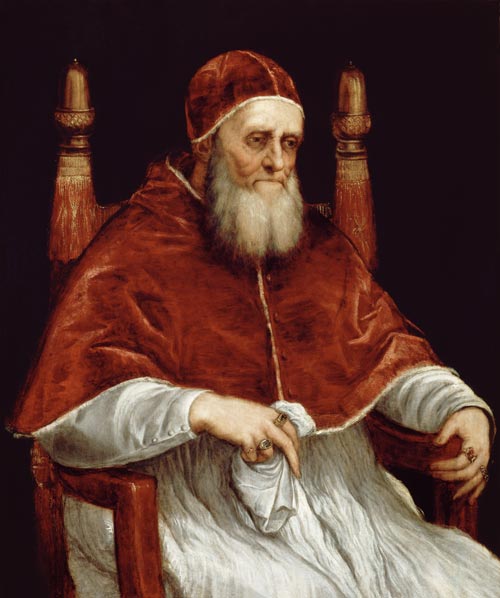
James IV had made concerted efforts to broker peace between France and the Papacy. He had many times declared his desire to go on crusade and believed that war in Europe should be avoided in order for Christians to unite against the Infidel. Such an idea tends to make modern people smirk rather cynically, but there is no real reason to doubt the sincerity of the religious feeling of the time. In particular, the fall of Constantinople in 1453, and the incursions being made by the Ottoman Turks in Hungary had caused concern in Christian Europe.
James was notably superstitious in his religious practice, even by the standards of the time and, as aforementioned, continued to feel guilt over the death of his father. Creating a peace settlement that would enable Christians to repel the Turks would surely have earned him heavenly forgiveness. Unfortunately, no-one else was interested in peace and when the French declared a Council of the Church at Pisa in 1512 which appeared to threaten the Papacy's spiritual leadership, the die was cast for European war.
James was in a cleft stick. He had a long term obligation to France, renewed in 1507, but he also had a treaty with England and risked excommunication if he broke it. In retrospect, it is easy to say that he should have kept quiet and not allowed himself to be drawn into the war, but that was not easy. Unfortunately, he could not please both Henry VIII and Louis XII of France. Both kings demanded support, specifically they both wanted to charter James' ship the Michael.

Henry was delighted to be offered the ostensibly legitimate excuse of protecting the Pope's spiritual leadership to lead an invasion into France. In June 1513, he set sail. Meanwhile, the French were pressing James to attack England. Louis tried a two-pronged approach.
His Queen, Anne (herself the victim of French depredations in her own duchy of Brittany) sent James a turquoise ring from her own hand and pleaded with the chivalrous James to be her knight. Louis offered a rather more tangible incentive, sending 50,000 French Crowns to fund an invasion.
James was probably not sorry to take the opportunity, as he thought, of teaching a lesson to the twenty-two year old Henry, whom he doubtless felt to be a young whipper-snapper. It seems likely he thought he could repeat his successful raids of 1496-7 and return to Scotland unscathed. Despite the misgivings of some of his nobles and according to later stories, Queen Margaret begging him to desist, James invaded England in support of his obligations to France under the Auld Alliance.
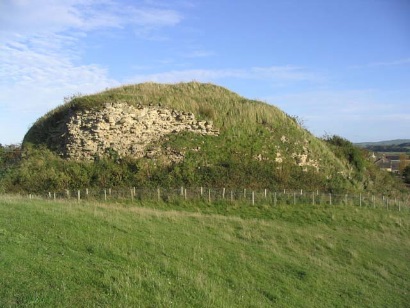
For the third time James was heading over the border – this time with an army reckoned at some 42,000 men, the largest ever raised in Scotland. Norham Castle fell in 6 days, followed by Wark, Etal and Ford.
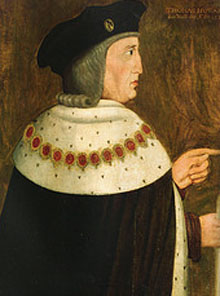
James' opponent on the final battlefield was not Henry himself, who was still campaigning in France, but the Earl of Surrey, whom he had faced back in the late 1490s. In a combination of skilled generalship by Surrey, who used his knowledge of James' brave and impetuous character well, and James' determination to press his early victory home, rather than quitting whilst ahead, the enormous Scots army, well equipped and with the odds strongly in its favour, was decimated. James and many of his leading nobles were slaughtered on the field.
